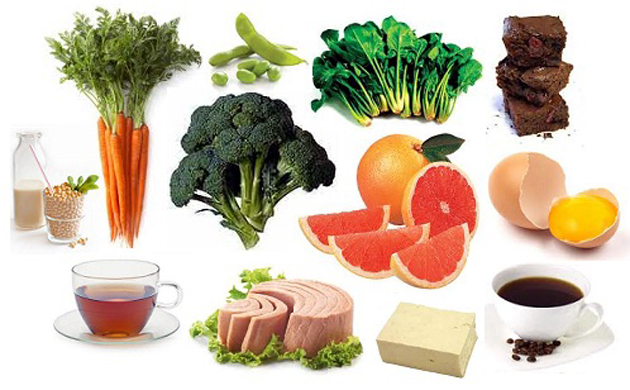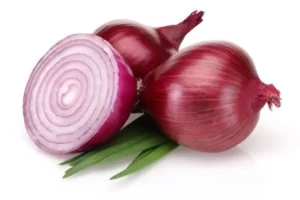Winter has arrived and while we all enjoy the cold air after the hot summer months, it is important to adapt to the cold weather and keep warm. When the temperature drops, your body usually declines to conserve energy and keep your body warm. That is probably why you feel tired and lazy during the winter. Some foods help regulate your metabolism and keep you busy and energized throughout the day by warming your stomach and exercising. comfort. Here are seven foods that will not only keep you warm but also make you feel good.
Table of Contents
Onions
In traditional Chinese medicine, onions are used as a ‘Chi’ or ‘Energizing Tonic’ to increase perspiration and keep the body warm to withstand cold weather. By moving body energy to the surface of the skin, your body can be kept warm. Combine them with a delicious French onion soup served with sliced cheese and fried croutons.
Amaranth
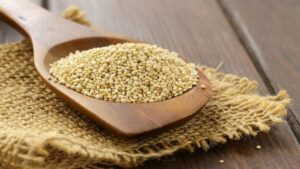
Cereals like amaranth and bajra will keep you fried. You can make warm amaranth grains with winter berries and honey or you can eat lunch instead of rice. In addition, breasts like bajra and ragi are known to keep you energized during the lazy winter days. It is a high-energy food that contains starch that takes longer to digest and produces energy over time. Grains such as amaranth and bajra will keep you fried.
Desi Ghee

According to Ayurveda, desi ghee is one of the most easily digestible oils used for cooking and provides much-needed warmth. Ghee is a natural remedy for measuring body temperature (pitta). It helps digest food, prevents constipation, and helps detoxify. Not only does it keep you warm but it also increases your immune system and protects you from the cold and the flu. Eating onions fried with desi ghee is known to soothe and cure sore throats. Ghee not only keeps you warm but also boosts the immune system
Ginger
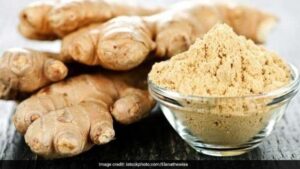
Ginger is known to have thermogenic substances that can keep you warm. It can also improve your metabolism and promote blood flow. The best way to be able to make a hot cup of ginger tea is made with raw ginger root. Ginger is known to have thermogenic properties
Shalgam (Turnip)
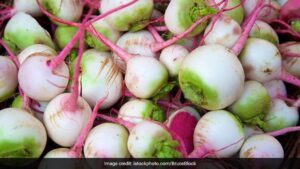
Root vegetables such as turnips, herbs, sweet potatoes, and yams provide much-needed energy and ensure warmth. Root vegetables are those that are grown underground. They can warm the body because their digestion is slow which produces more heat. Use them to make a warm dinner stew and use them with a salad of raw vegetables. TurnipRoot vegetables keep your body warm.
Mustard or Sarson
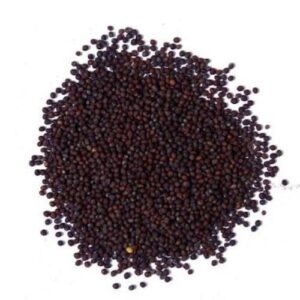
Whether it is mustard oil, mustard seeds, or fresh mustard leaves (commonly known as Sarson) – all three are known for their natural heat. Thanks to its warming properties, it absorbs most of the heat when eaten. Tel Sarson is often used for a foot massage during the harsh winter months to keep it warm and comfortable.
Sesame seeds
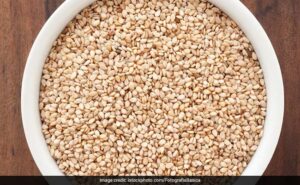
Sesame seeds are good for warming up your body which is why it is often used in Indian halwa and chikki that are enjoyed during the winter. The smaller grains are also rich in calcium and iron. If you use it a lot, you should soak the sesame seeds and take them in the morning. You can also make small balls of sesame seeds and jaggery and have one every day to keep you warm and strong. Sesame oil is also very effective and can be used for cooking.
Dry fruits
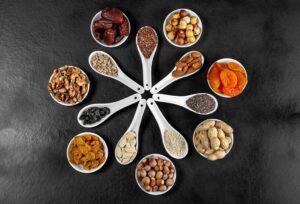
Dried fruit is considered one of the best foods to eat during the winter months. Dried fruits such as apricots, dried figs, dates, almonds, cashews will give you warmth and improve your immune system to fight infections and heat. They are naturally rich in nutrients, dietary fiber, vitamins, etc.
Jaggery

Contains the iron commonly known as ‘gur or gud’ in northern India. It helps to improve your digestion and keeps you warm in the cold winter. It also has many health benefits such as treating constipation, improving the body. It can be eaten in small amounts after meals.
Cinnamon
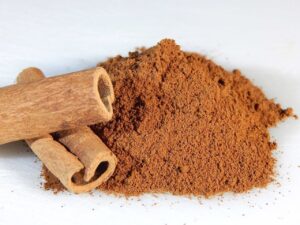
Cinnamon is full of antioxidants, has anti-inflammatory properties. It also helps to reduce the risk of heart disease and lowers blood sugar levels. It improves metabolism and thus helps keep you warm in freezing temperatures.
Root vegetables
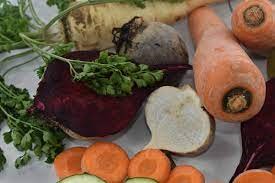
Root vegetables such as radishes, turnips, and sweet potatoes are important in winter because of a beneficial process called thermogenesis. Thermogenesis means the process of your body producing heat, which is caused by digestion. In terms of material, this means that food that takes longer to digest can help raise your body temperature!
Root vegetables take a long time to digest, so throw them in roasted food or a warm soup this winter to keep you warm quickly!
Complex carbohydrates

Because it is so cold, you may feel very hungry, but do not eat too much – eat smart! It is tempting to eat biscuits, chocolate cakes, and other snacks all day long, but simple carbohydrates digest quickly so that they do not keep you warm for long.Start your day with oatmeal or porridge, to stay full and warm for a long time. Other complex carbohydrates include grains, potatoes, and lentils.
Bananas

Another healthy option – and one that can be cut over your breakfast oatmeal or porridge! Bananas contain B vitamins and magnesium, which help the thyroid gland and the adrenal glands to function properly. These glands help regulate body temperature. So bananas a day keep you shivering away!
Eggs

Eggs are often described as a ‘house of energy’ – they not only keep your body warm, they are rich in protein and vitamins and can help your body fight infections in the winter.
Caffeine

Yes, we have given you good reasons to feed your addict! Caffeine boosts your metabolism, which can increase your body temperature, so keep pouring that extra cup!
